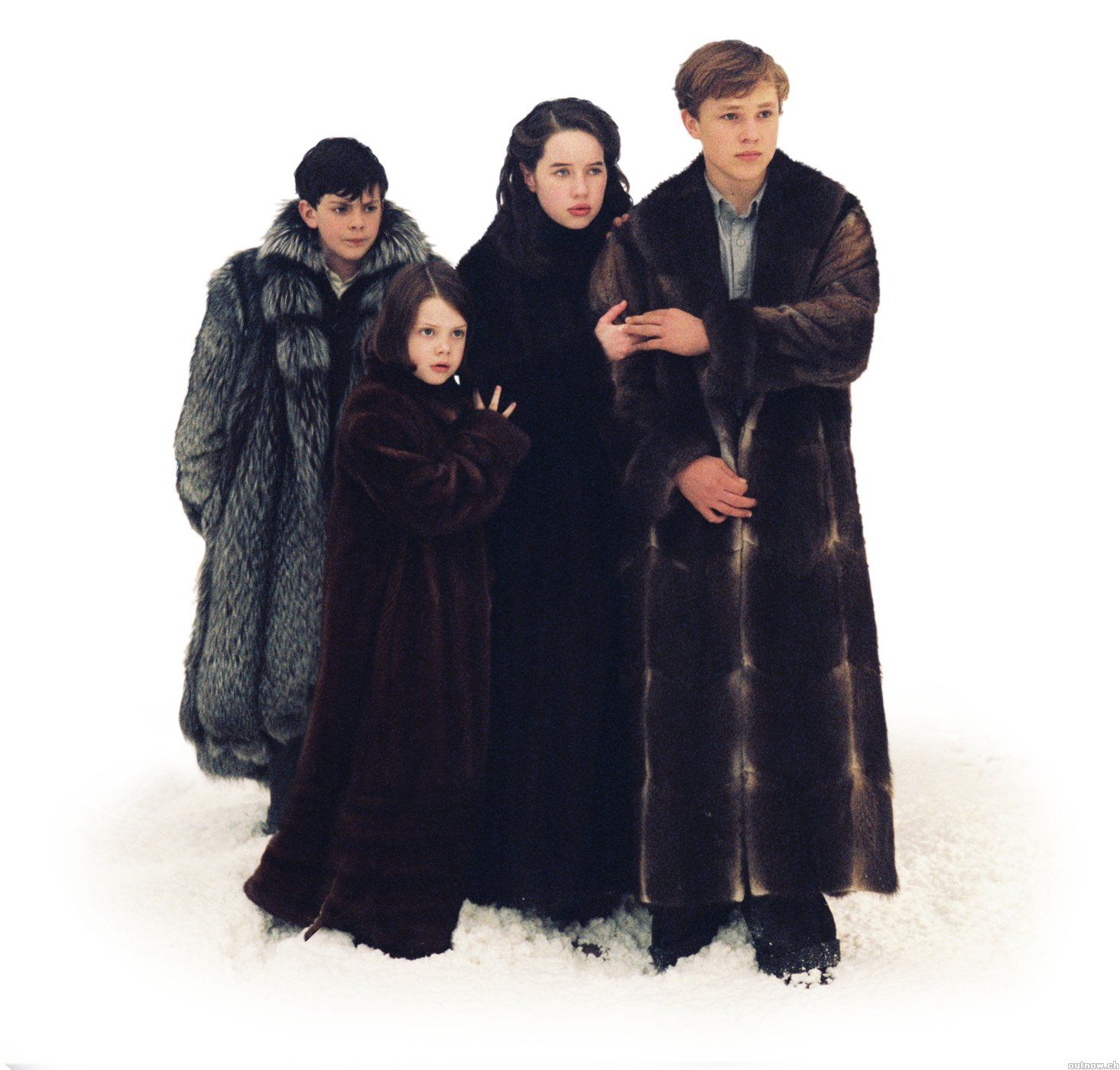
 Part C. S. Lewis-biography, part literary analysis, The Magician’s Book: A Skeptic’s Adventures in Narnia is, at its heart, the story of a journey. The first step came when its author, Laura Miller, was given a copy of The Lion, the Witch and the Wardrobe by her second grade teacher. Today a well-respected writer and literary critic, Miller looks back at the spell this book cast on her and at how it shaped the reader and the person she has become.
Part C. S. Lewis-biography, part literary analysis, The Magician’s Book: A Skeptic’s Adventures in Narnia is, at its heart, the story of a journey. The first step came when its author, Laura Miller, was given a copy of The Lion, the Witch and the Wardrobe by her second grade teacher. Today a well-respected writer and literary critic, Miller looks back at the spell this book cast on her and at how it shaped the reader and the person she has become.
Like all journey stories, some parts will be familiar and some will not. Most Narnia fans will be able to relate to Miller’s account of how the Chronicles of Narnia changed the way she looked at the world. They will identify with Miller’s deep desire to be Lucy, “that rare creation, a character who is good without being a prig or a bore.”
But these are side trips, not the main path in a book which promises to reclaim Narnia “for the rest of us,” this meaning readers who, like Miller, loved Narnia as young people but then felt “tricked, cheated, and betrayed” after they discovered that many Narnian themes mirrored themes found in Christianity.
Anyone not belonging to this “rest of us” group may find it hard to understand why this discovery produced so much anger and bitterness in Miller. Although she devotes most of her book to describing her rocky relationship with the Narnia books, she is never able to articulate exactly why learning that they represent C. S. Lewis’s attempt to put his most foundational beliefs into story form “horrified” her.
Would she have felt so horrified had she discovered Lewis was a Buddhist?




I once considered buying this book and now I think I probably will. I would like to know why she felt tricked by Narnia. One the best things about it, to me anyway, is that it lets you feel about Christianity the way you feel about Narnia. Why would she be angered by this?
“She is never able to articulate exactly why [it]… “horrified” her.” Might it be because it was so consistent, so right, so true, and she didn’t want to admit Christianity could be any of those things? I hope she gave Lewis’ “Mere Christianity” careful thought before she wrote this book. Otherwise it really wouldn’t even be worth reading.